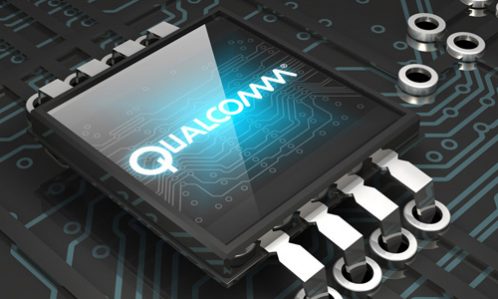
Qualcomm’s interest in acquiring Intel has resurfaced, suggesting the deal is still under consideration. According to Bloomberg, the San Diego-based semiconductor giant is holding off on any immediate decisions until after the U.S. election, with the next administration’s policies expected to play a critical role in shaping the future of the potential acquisition.
Intel, currently grappling with a significant drop in both its stock price and revenue, was reportedly approached by Qualcomm with a possible acquisition offer last month. However, Qualcomm is reportedly exercising caution, choosing to delay further actions until political and regulatory landscapes become clearer. According to Bloomberg, the company is particularly concerned about how the new administration might handle key issues like antitrust regulations and relations with China, a pivotal market for both firms.
In September, Qualcomm also engaged with Chinese antitrust regulators to gauge their reaction to the potential acquisition of Intel. While no formal feedback has been received, Chinese regulators appear to be adopting a wait-and-see approach, likely pending an official offer from Qualcomm. Meanwhile, U.S. government approval would be critical for such a massive transaction, especially considering Intel’s strategic role in the country’s push to strengthen domestic chip production.
Related: Qualcomm-Intel Merger Talks Raise Antitrust Concerns; Analysts Question Viability
Intel stands to benefit significantly from the U.S. government’s CHIPS Act, with $8.5 billion in grants and $11 billion in low-interest loans earmarked for the company to boost its manufacturing capabilities. However, despite these incentives, Intel is still awaiting the promised funding. Qualcomm has reportedly been in discussions with U.S. regulators and believes that positioning the acquisition as a domestic merger could help address any potential concerns.
Sources familiar with the matter, as reported by Bloomberg, indicated that Qualcomm may not make a final decision until after the next U.S. president takes office in January 2025. By waiting, Qualcomm could assess how the new administration’s policies might impact the tech industry, especially concerning antitrust scrutiny and U.S.-China relations, which could be critical for the success of the deal.
Qualcomm’s timing may also give it a financial advantage. Intel is expected to release its third-quarter earnings later this month, and analysts are predicting another loss, potentially exceeding $1 billion. Should Intel’s stock decline further, Qualcomm could potentially secure a deal at a lower cost.
Source: Bloomberg
Featured News
Big Tech Braces for Potential Changes Under a Second Trump Presidency
Nov 6, 2024 by
CPI
Trump’s Potential Shift in US Antitrust Policy Raises Questions for Big Tech and Mergers
Nov 6, 2024 by
CPI
EU Set to Fine Apple in First Major Enforcement of Digital Markets Act
Nov 5, 2024 by
CPI
Six Indicted in Federal Bid-Rigging Schemes Involving Government IT Contracts
Nov 5, 2024 by
CPI
Ireland Secures First €3 Billion Apple Tax Payment, Boosting Exchequer Funds
Nov 5, 2024 by
CPI
Antitrust Mix by CPI
Antitrust Chronicle® – Remedies Revisited
Oct 30, 2024 by
CPI
Fixing the Fix: Updating Policy on Merger Remedies
Oct 30, 2024 by
CPI
Methodology Matters: The 2017 FTC Remedies Study
Oct 30, 2024 by
CPI
U.S. v. AT&T: Five Lessons for Vertical Merger Enforcement
Oct 30, 2024 by
CPI
The Search for Antitrust Remedies in Tech Leads Beyond Antitrust
Oct 30, 2024 by
CPI